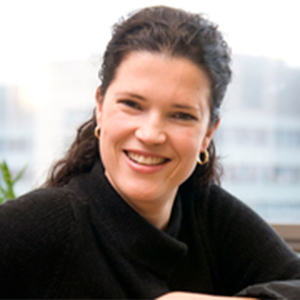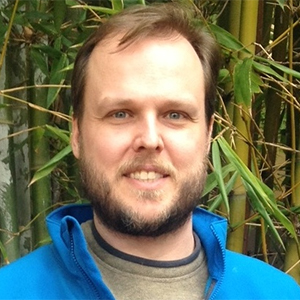Connecting metabolism to development, disease and therapy
If you are wondering whether metabolism is important, consider the effect of holding your breath while you read through this introduction. Your genome will not change, and your RNA and protein expression patterns will not change much, if at all, but the abundance of numerous metabolites in your body will change substantially within seconds and ultimately produce a physiological response that restores homeostasis.
Metabolism is complex and dynamic, involving hundreds of enzymes and reactions. Versions of many enzymes are found in most living organisms on earth. In development, metabolic processes are central for growth; in diseased tissues, metabolism is altered and contributes to pathology. Symbiotic or competitive metabolic interactions between organisms govern a broad swath of important biology in the immune system and gut. How these interactions are regulated by and coordinated with DNA-based, RNA-based and protein-based mechanisms remains under investigation.
The metabolism field continues a rapid expansion. This session will explore a breadth of models and approaches being used to investigate how metabolism impacts development, homeostasis, disease and medicine.
Keywords: metabolism, metabolites, development, cancer, pathogen, drug action, lipids, cell fate
Who should attend: anyone interested in learning how metabolism impacts development, disease or therapy
Theme song: “Stayin’ Alive” by the Bee Gees, because it’s all thanks to metabolism
This session is powered by ATP. What else?
Talks
- Interplay between metabolism and gene expression — Marian Walhout, University of Massachusetts Medical School
- Identifying toxic metabolites and their roles in disease — Dohoon Kim, University of Massachusetts Medical School
- Transcriptional regulation of primary and specialized metabolism — Siobhan Brady, University of California, Davis
- Interorgan cross talk and metabolism regulation in Drosophila — Norbert Perrimon, Harvard University
- Metabolic adaptation to oxidative stress at the host–microbe interface — Stavroula Hatzios, Yale University
- Deconvoluting host-gut microbiota cometabolism — Pamela Chang, Cornell University
- The tiny pharmacists within: How the human gut microbiome impacts drug metabolism and disposition — Peter Turnbaugh, University of California, San Francisco
- Metabolic outliers in human disease — Ralph DeBerardinis, University of Texas Southwestern Medical Center
- Lipid metabolism and ferroptosis — Scott Dixon, Stanford University
- Too much and never enough: Synthetic excess and metabolic inefficiency of aneuploidy in tumorigenesis — Emma Watson, Harvard Medical School
- Uncovering conditional vulnerabilities in cancer — Jason Cantor, University of Wisconsin
- The genetics of tumor suppression by p53 — Maureen Murphy, Wistar Institute
Learn more
Check out all ten thematic symposia planned for the 2022 ASBMB annual meeting:
Enjoy reading ASBMB Today?
Become a member to receive the print edition four times a year and the digital edition monthly.
Learn moreFeatured jobs
from the ASBMB career center
Get the latest from ASBMB Today
Enter your email address, and we’ll send you a weekly email with recent articles, interviews and more.
Latest in Careers
Careers highlights or most popular articles

Redefining lipid biology from droplets to ferroptosis
James Olzmann will receive the ASBMB Avanti Award in Lipids at the ASBMB Annual Meeting, March 7–10, just outside of Washington, D.C.

Creating change in biochemistry education
Pamela Mertz will receive the ASBMB William C. Rose Award for Exemplary Contributions to Education at the ASBMB Annual Meeting, March 7-10 in Washington, D.C.

Trainee mentorship as immortality
Suzanne Barbour will receive the ASBMB Sustained Leadership Award at the ASBMB Annual Meeting, March 7-10 in Washington, D.C.

Upcoming opportunities
Join us Feb. 5! The monthly ASBMB Transcription Webinars aim to facilitate knowledge exchange and collaboration among researchers in the fields of transcription, chromatin and epigenetics.

Life in four dimensions: When biology outpaces the brain
Nobel laureate Eric Betzig will discuss his research on information transfer in biology from proteins to organisms at the 2026 ASBMB Annual Meeting.

Redefining excellence to drive equity and innovation
Donita Brady will receive the ASBMB Ruth Kirschstein Award for Maximizing Access in Science at the ASBMB Annual Meeting, March 7–10, just outside of Washington, D.C.


